A meta-analysis of 5,000 participants, including more than 500 who underwent self-assessments over two years, showed that the multivitamin had benefits for memory and global cognition. The study, conducted by Mass General Brigham, tested the effects of a daily multivitamin on cognitive changes in 573 in-person participants in the COSMOS trial. The meta-analysis included over 5,000 non-overlapping participants in the three separate cognition studies within the COSMOS trial.
Results showed a statistically significant benefit for cognition among participants taking multivitamins compared to placebo. This suggests that multivitamins may help prevent memory loss and slow cognitive aging in older adults. By 2060, according to the Alzheimer's Association, one in four Americans will be in an age group at high risk of developing dementia and Alzheimer's disease if interventions do not help preserve cognitive function before deficits begin.
COSMOS researchers now published the results of a third cognition study, which focused on participants who underwent in-person assessments, along with the results of a combined analysis from the three separate studies. Results confirm consistent and statistically significant benefits of a daily multivitamin versus placebo for memory and global cognition. The results are published in The American Journal of Clinical Nutrition.
At the COSMOS-Clinic, researchers administered detailed cognitive assessments among 573 participants. In two previous COSMOS studies, multivitamin supplements were tested on cognition using telephone- and web-based assessments. In their prespecified analysis from COSMOS-Clinic, researchers observed a modest benefit for the multivitamin on global cognition over two years, with a statistically significant benefit for episodic memory but not for executive function/attention.
Meta-analysis based on three separate studies with active participants showed strong evidence of benefits for both global cognition and episodic memory. The authors estimate that the daily multivitamin slows global cognitive aging by the equivalent of two years compared to placebo. Chirag Vyas, MBBS, MPH, and Olivia Okereke, MD SM, emphasized the importance of these findings for older adults looking for ways to maintain brain health.
JoAnn Manson, MD, DrPH, and Howard Sesso, ScD, MPH, noted that the finding that a daily multivitamin improved memory and slowed cognitive aging in three separate placebo-controlled studies is exciting and further supports the promise of multivitamins as an approach safe, accessible and affordable for the protection of cognitive health in the elderly.
The COSMOS consortium represents a collaboration between MGH, BWH, Columbia University, and Wake Forest University, using both traditional and innovative approaches to assessing cognitive outcomes. These approaches allow the inclusion of large numbers of participants in cognitive studies in a high-quality and cost-effective manner. COSMOS participants are age 60 or older and reside throughout the US.
Funding for the COSMOS-Clinic studies and recognition in the meta-analysis was supported in part by grants from Mars Edge and the National Institutes of Health. Multivitamin and placebo tablets and packaging were donated by Pfizer, Inc Consumer Healthcare (now Haleon).






